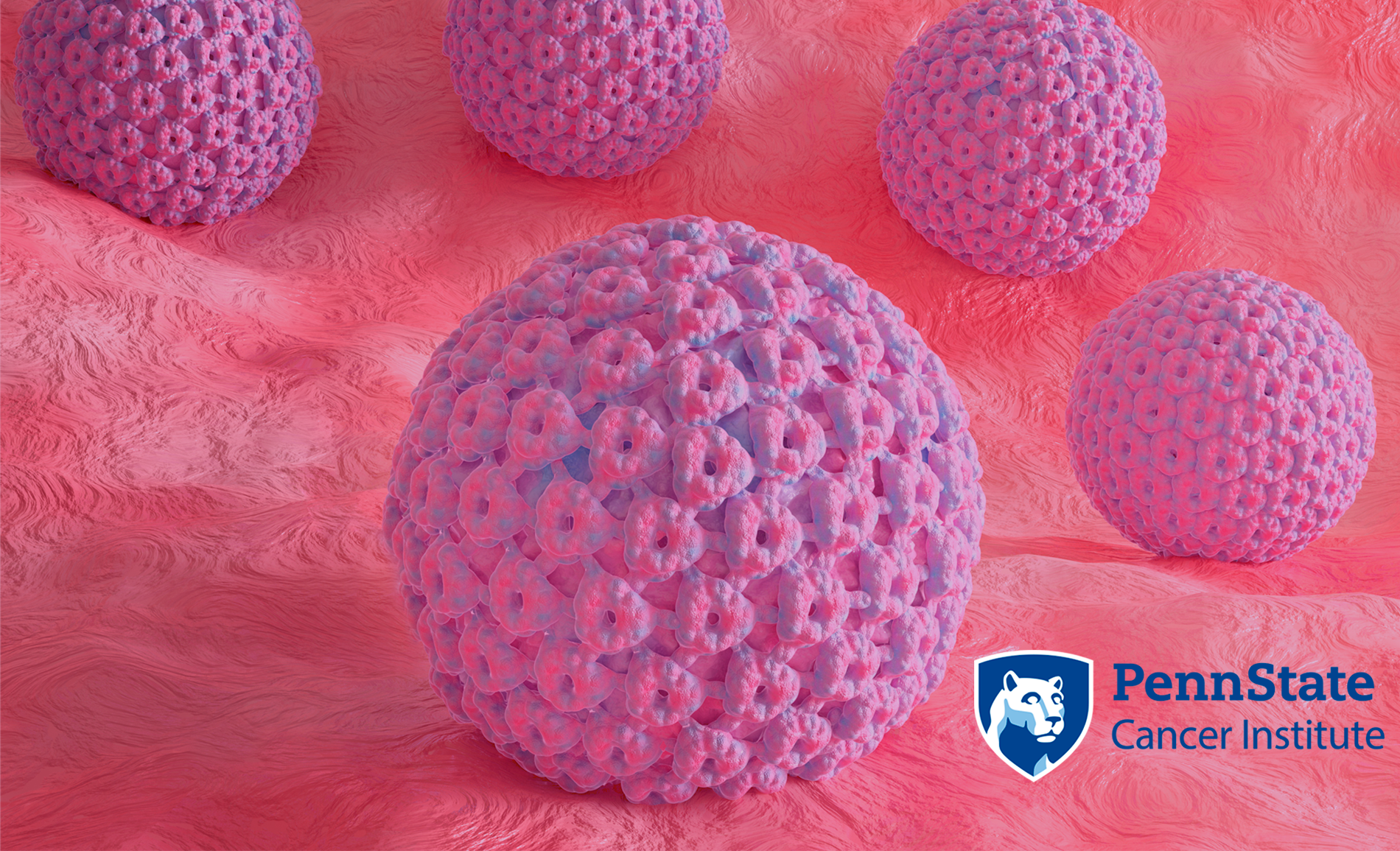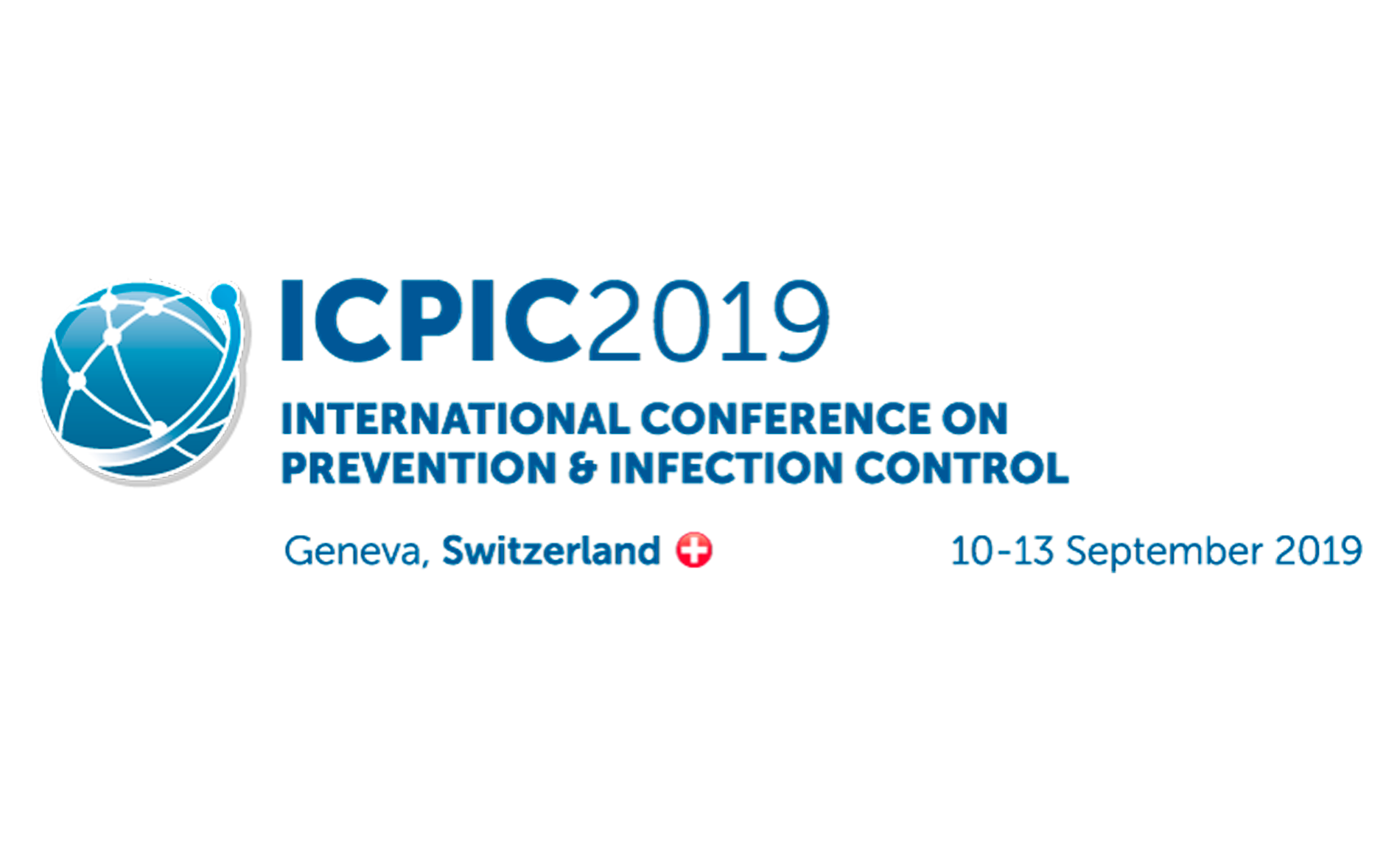
PennState Presents the Effectiveness of BrioHOCl™ Against HPV — Geneva, Switzerland
Dr. Craig Meyers, MS, PhD, Department of Microbiology and Immunology, PennState Cancer Institute, is accepted to present an HPV abstract on the results of efficacy testing of BrioHOCl™ against high-risk HPV16 and HPV18 at the 5th Annual International Conference on Prevention & Infection Control (ICPIC) in Geneva, Switzerland.
The International Conference on Prevention & Infection Control is a strong international convergence assembled to disseminate information surrounding clinical updates and training, health services and policy, education, and developments from around the world.
The International Conference on Prevention & Infection Control
September 13, 2019
P483 – Efficacy Testing of HOCl as a Disinfectant for High-Risk HPV
Introduction
High-risk human papillomavirus (HPV 16 & 18) are the causative agents of cervical, anal, and oropharyngeal cancers. Endocavitary ultrasound devices are used in healthcare facilities to examine the cervix, anal canal, and oropharynx; the three areas commonly infected by high-risk HPV. Our previous studies using suspension and carrier tests demonstrated poor efficacy of widely used hospital disinfectants, including GTA (2.4% and 3.4%) and OPA (0.55%) in inactivating high-risk HPV. The potential for iatrogenic transmission in the healthcare environment from inadequate disinfection practices has become an area of contention and discussion. Risk potentials have commonly been based on outdated criteria or inadequately performed studies. There is a need for effective, convenient chemical decontamination measures.
Objectives
To determine the efficacy of exposure to a pure hypochlorous acid preparation (from Briotech Inc.) for inactivation of HPV 16 & 18 using a validated approach based on treatment of high amounts of authentic infectious virus, and well-established methods of replication and testing of high-risk HPVs.
Conclusion
HOCl proved to be a highly effective disinfectant even with short contact times, using the largest amount of mature infectious HPV16 and HPV18 possible. Rapid changes in capsid proteins may be responsible for the decline in infectivity. HOCl is not toxic on topical application to human skin and mucous membranes, raising the potential for its use not only as a disinfectant, but also in direct applications to human skin, oral and other tissues.
Full Abstract

